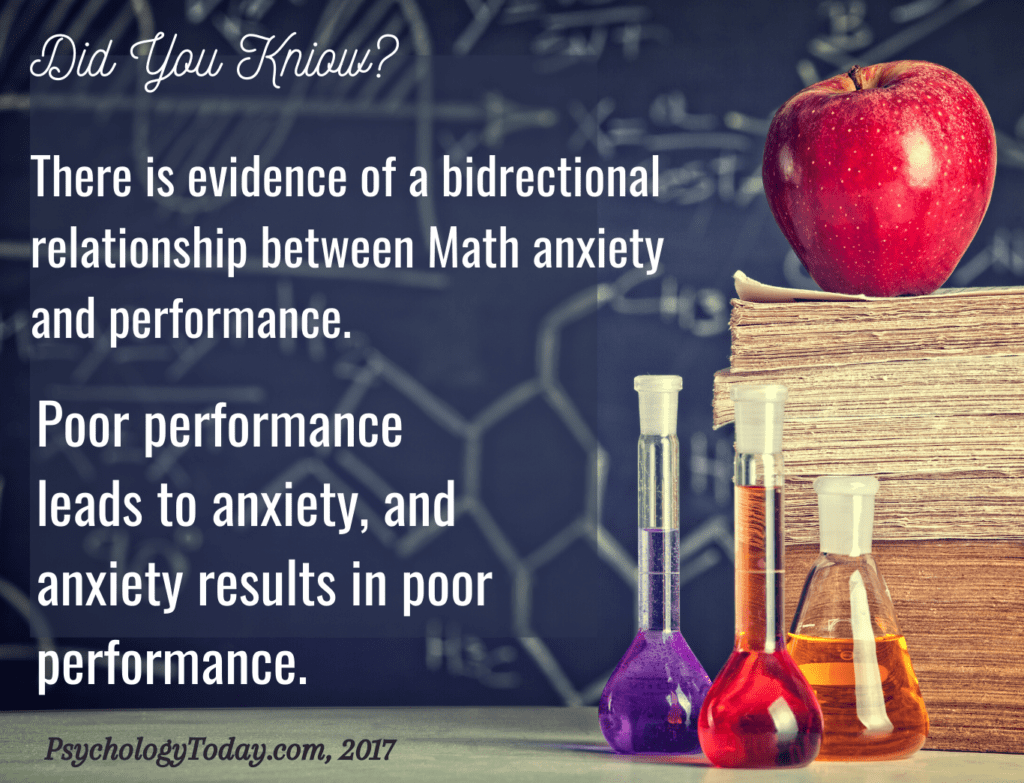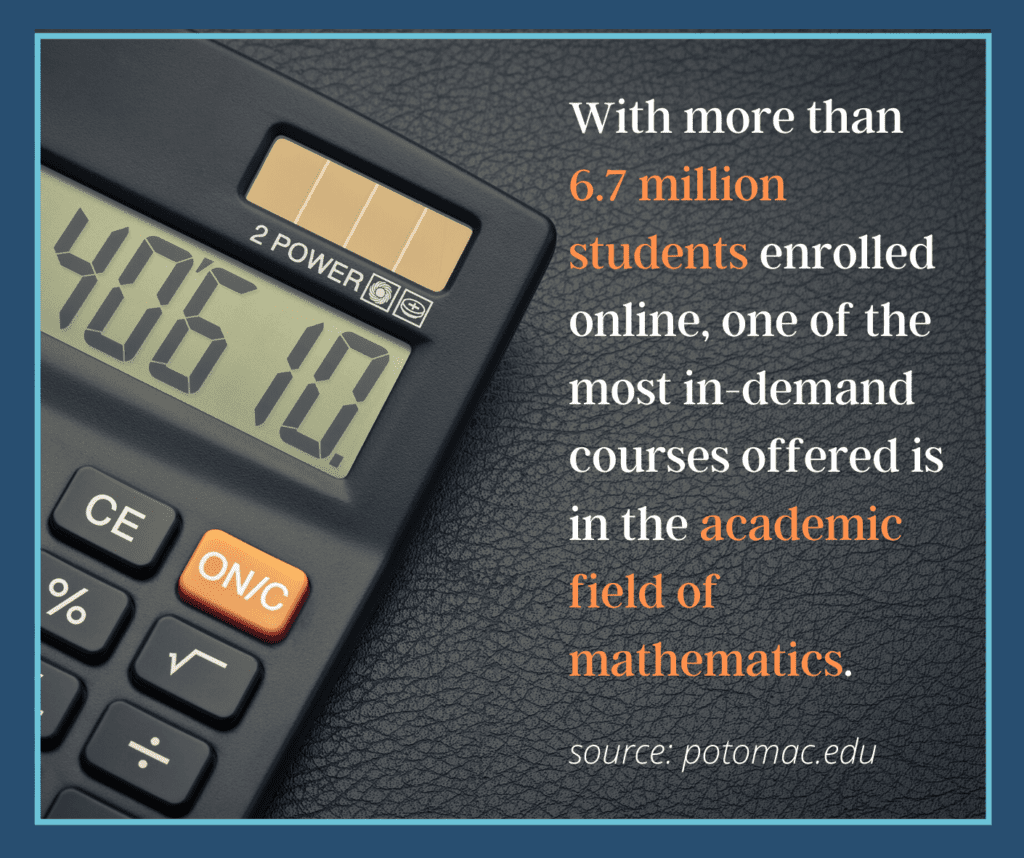
Online college classes are becoming popular for non-traditional university education. As the advancement of the internet grows at an exponential rate, so does the demand for the web-based school environment. Students are becoming comfortable with the idea of studying anywhere on flexible schedules and using course materials that are readily accessible.
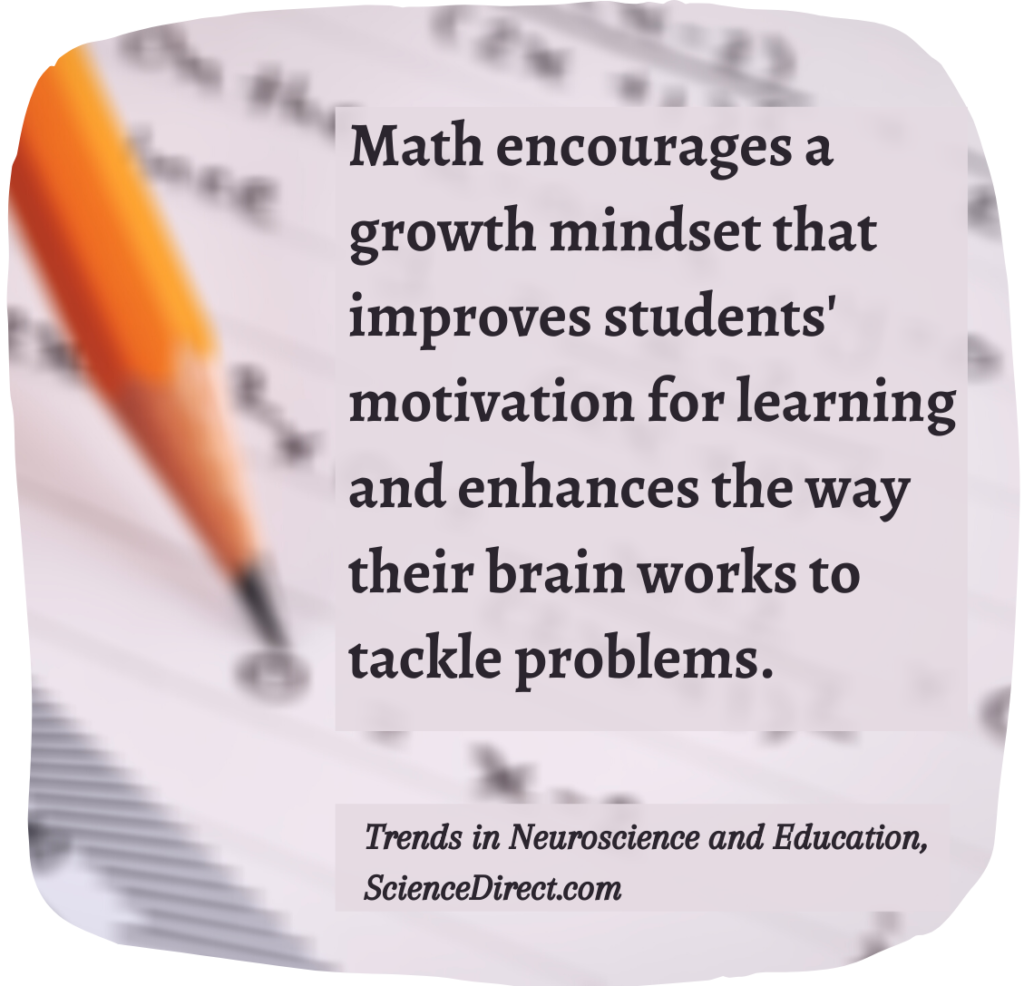
Research reveals 34% of online students are opting for non-conventional learning for a step closer to their career goals. Some 36% of distance learners are shifting careers and seeking to learn new skills. Online college courses, many of which are offered for free, can be applied toward earning a degree or certificate or to meet requirements for continuing education. With more than 6.7 million students enrolled online, one of the most in-demand courses offered is in the academic field of mathematics.
Math courses are taught in every stage of education. The law of mathematics governs everything around us, as it is a universal concept. Being a liberal arts subject, it covers not only fundamental algebra, geometry, and trigonometry courses but also statistics and calculus, among others.
In this specific type of online course, it offers unique tools aside from necessary course materials. For example, there are statistical calculators in making statistical charts and offers links to equation sheets for basic calculus equations. There are also interactive textbooks and video lectures in guiding them, which are broken down from individual lessons. This can give you more time to spend and study complex solving, unlike in face-to-face classes that have a specific time frame to finish. Compared to traditional academic courses, you can ask and get help from your professors and fellow students without hesitancy on their chat and email systems in a press of a keyboard button.
So as we delve deeper into online math courses, here are some of them that are offered for free and with credits.
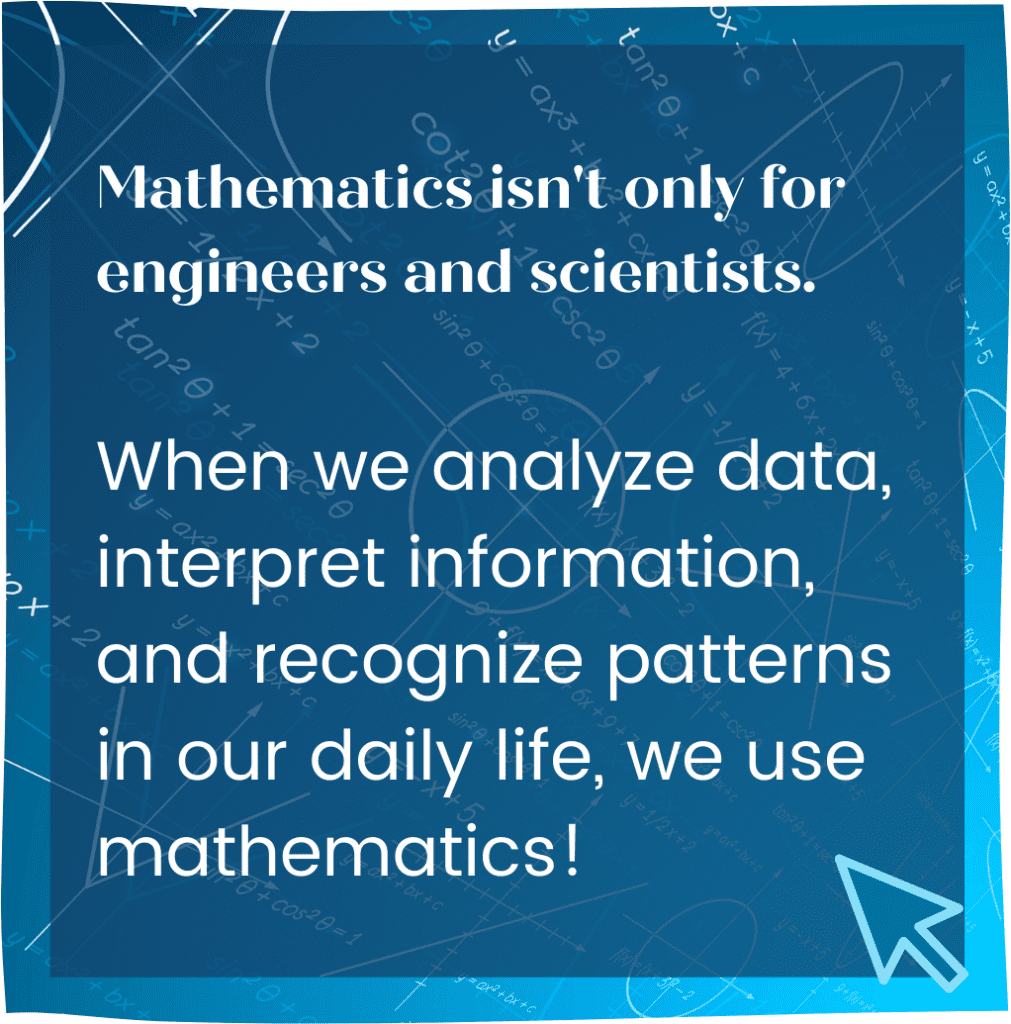
Introduction to Linear Models and Matrix Algebra
College Algebra and Problem Solving
Introduction to Geometry
Differential Geometry
Discovery Precalculus: A Creative and Connected Approach
Fundamentals of Statistics
Introduction to Probability
Introduction to Functional Analysis
Theory of Computation
Introduction to Mathematical Thinking
Single Variable Calculus
Analysis I
Check out our choices for the Best Science, Technology, Mathematics, and Engineering Degrees
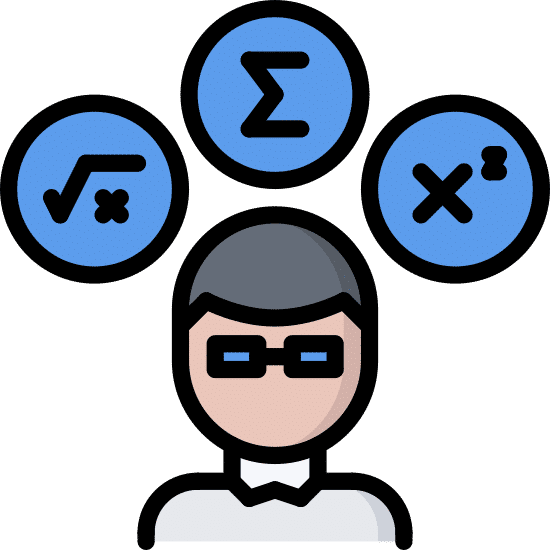
Introduction to Linear Models and Matrix Algebra
Harvard University via edX
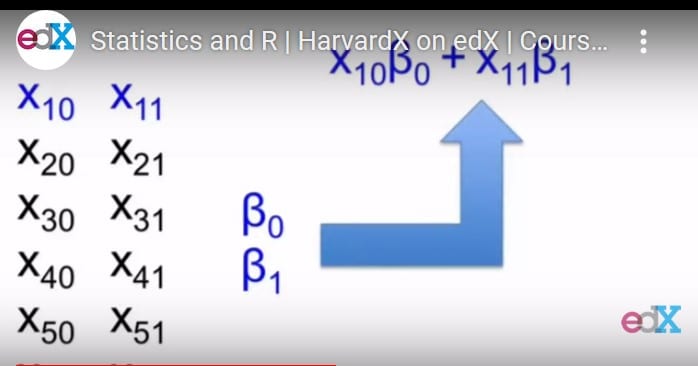
Linear equations are essential for engineers, scientists, and related professions in modeling and solving physical systems in chemical manufacturing, electronic networks, and construction engineering. To master this skill, one should have knowledge and application of matrices.
An intermediate-level course offered by Harvard University, one of the main prerequisites are basic math and basic statistics course. In four weeks, students will be able to learn about matrix algebra notations operations and linear models. Furthermore, they will also apply these fundamentals and their relationship in data analysis with the use of the R programming language. Being a self-paced course for two to four hours a week, you have an option for a paid verified certificate.
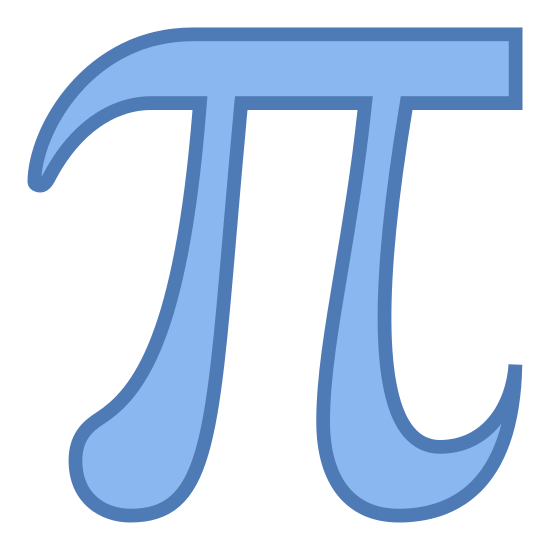
College Algebra and Problem Solving
Arizona State University via edX
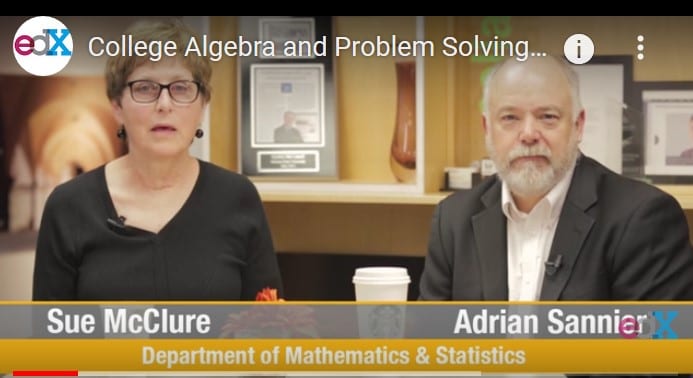
A prerequisite in college science courses such as engineering, chemistry, and physics, algebra is one of the few domains in mathematics that is taught at the very start of education. It is the first subject where students are exposed to abstract reasoning that develops their abstract reasoning and problem-solving skills.
In fifteen weeks, learners are expected to apply their algebraic reasoning in solving a wide range of mathematical solutions. Being an introductory level course as part of Global Freshman Academy (GFA), it is a preparation for advanced courses like calculus. With skills in algebraic function such as linear, quadratic, exponential, and logarithmic, your ASU 3-credits hours can be transferred in your college degree. It will also emphasize techniques in problem-solving by going through each topic with individual online coaching provided. After mastering a particular concept, you can move to the next topic in this self-paced course with an eligibility to purchase college credit and a certificate.

Introduction to Geometry
School Yourself via edX

A study on two-dimensional and three-dimensional figures, geometry, is involved with our spatial understanding translated through numbers and measurements. In this world surrounded by space and size, this branch in mathematics develops your logical reasoning to think outside the box. We use geometry in our daily lives; whether it is the architect planning for a support beam, or the homeowner attempting to fit an oversized sofa and tables in a small living room.
This personalized, self-paced course will introduce you to angles and geometric theorems. It will run for four to six hours weekly with an optional paid certificate. Having basic algebra as a prerequisite, you will learn about the basic calculation of complex shapes such as circles, triangles, and polygons. For fourteen weeks, the syllabus will also discuss relationships of line segments and angles and calculating three-dimensional solids.

Differential Geometry
Massachusetts Institute of Technology via MITOpenCourseware
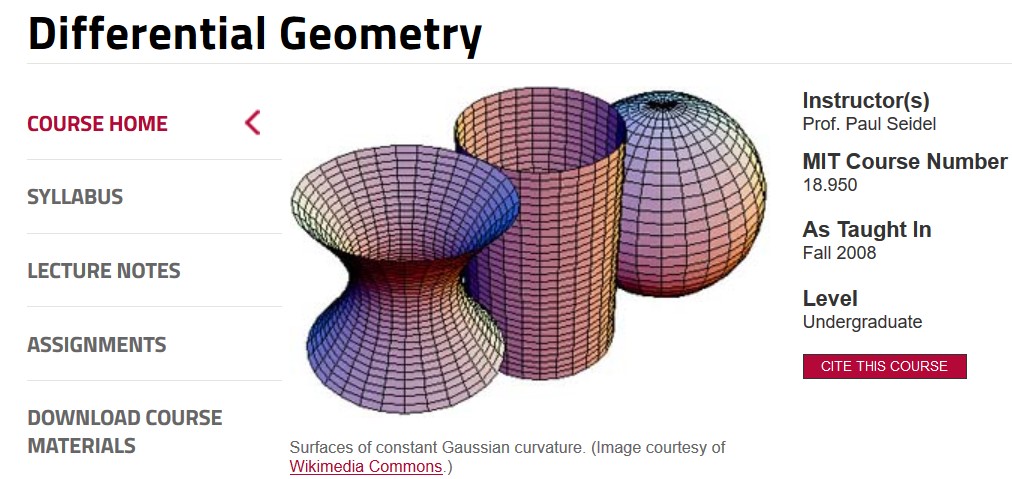
Differential geometry has many applications in fields of mathematics and science. Albert Einstein’s General Theory of Relativity used this specific mathematical discipline to explain his principle. Additionally, it is also used in the study of electromagnetism, cell membrane structuring in chemistry, drawing ideas on geometric modeling and others.
An introduction in differential geometry, this is an undergraduate course with four chapters. As a prerequisite, students must have taken Analysis I plus Linear Algebra or Algebra I ). All forty-one lecture notes are downloadable and will tackle local and global geometry planes and hypersurfaces. With homework accounting for thirty percent of the grade, it emphasizes on the many components of geometry and geometrical lengths and distances.
*****
Are you looking for some lucrative career options? If so, see our list of The Country’s Highest Paying Jobs in 2020
*****

Discovery Precalculus: A Creative and Connected Approach
University of Texas at Austin via Edx
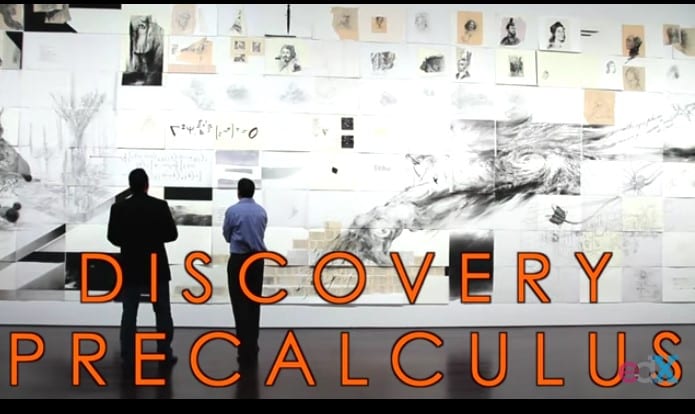
A preparation level for intermediary-level calculus, it is structured for challenging mathematical courses in the future. Calculus is a very complex subject and is used in fields such as economics, engineering, and biology. But before any advanced courses, this pre-calculus will be your building blocks as it is a prerequisite in most subject areas.
Offered by the University of Texas at Austin, students are expected to broaden their knowledge on graphs, functions, and equations learned from algebra and geometry in high school. After fifteen weeks, their full preparation can advance them to understand Calculus better in the future. With an extra fee for a verified certificate, students will explore the relationship of the course on algebra and geometry, trigonometry, and sequences. This introductory course of seven-units needs Algebra II or College Algebra level as a prerequisite.

Fundamentals of Statistics
Massachusetts Institute of Technology via edX
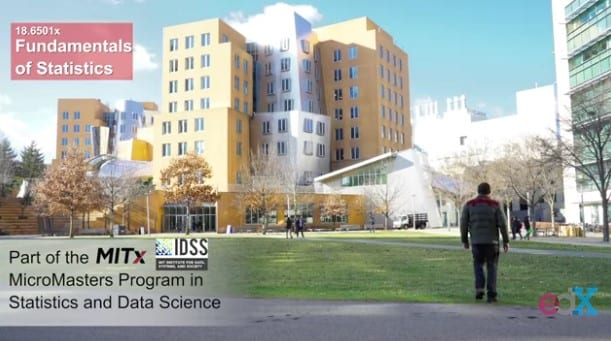
Recommended Schools
In weather forecasting, stock market, insurance, and disease mortalities, statistics is their common denominator. With this set of data and statistical concepts, we can collect information, interpret, and analyze current trends. Thus, statistics adds credibility to factual data.
As part of the MITx Micromasters Program in Statistics and Data Science, this course is intended to develop and widen your statistical knowledge. Aside from a list of methods, students will also learn about related mathematical principles in sixteen weeks. After learning these concepts, the course syllabus also intends to develop students with practical tools and a suitable model they used in their study.

Introduction to Probability
Harvard University via edX
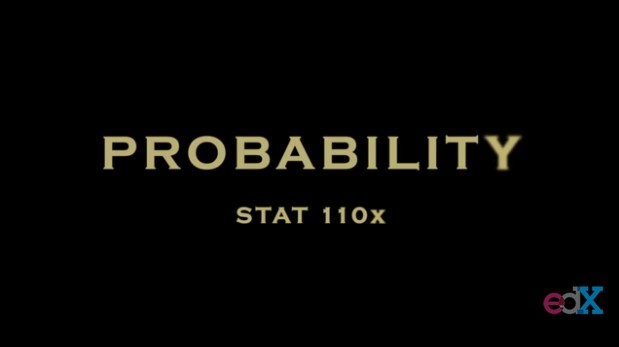
Compared to layman’s view, probability in statistics has its connotation. Being one of the primary tools in statistics, the probability is expressed in a ratio. With different schools of thought in its discipline, the importance of probability helps make predictions, decision making, and control, especially in the occurrence of calamities and accidents.
This free math course is composed of eight units. For five to ten hours a week, it will discuss the fundamentals of probability, its variables, and its theoretical framework. Aside from solving technical problems, the lesson aims to give you guiding principles in probability-related areas such as statistical inference, stochastic process, and randomized algorithm. Ultimately, you can practically apply your knowledge in this self-paced course after four months.

Introduction to Functional Analysis
Massachusetts Institute of Technology via MITOpenCourseware
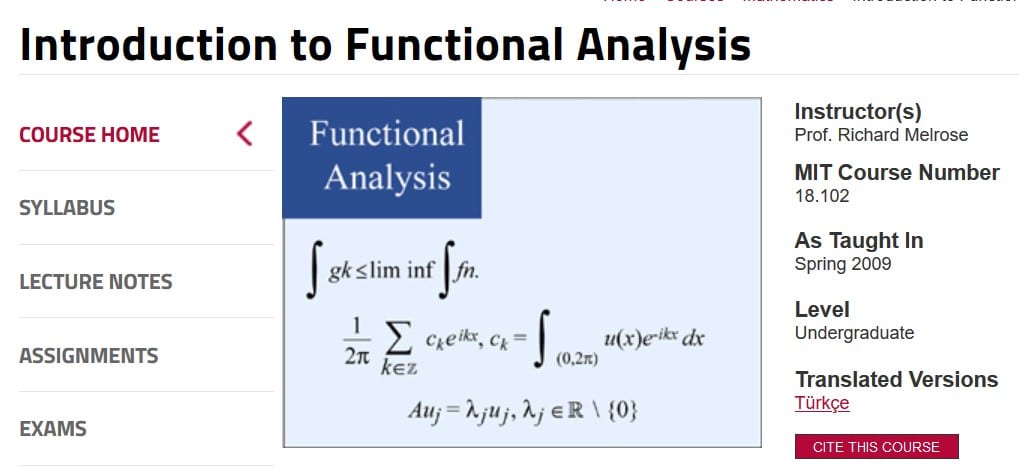
Originated from classical analysis, this abstract mathematical discipline is formed by the study of vector spaces in limited related structures such as norm and topology. With the application on the calculus of variations, functional analysis needs to be taken seriously by students.
An undergraduate course offered by the Massachusetts Institute of Technology, students need to allow three months for completion. They should finish Analysis I, Linear Algebra or Algebra I first before taking this course. In two sessions a week, the syllabus is equally divided into three categories. These are normed spaces and a brief treatment of integration, Hilbert space, and Operators on Hilbert space. Each category has its subtopics related to functional analysis, its scope, and its application. The grading will be computed in two methods, with all twenty-six lecture notes and assignments available for download.
*****
Do you have an interest in money management? Look at this:
30 Best Online Schools for Bachelor’s in Financial Planning and Wealth Management
*****

Theory of Computation
Massachusetts Institute of Technology via MITOpenCourseware
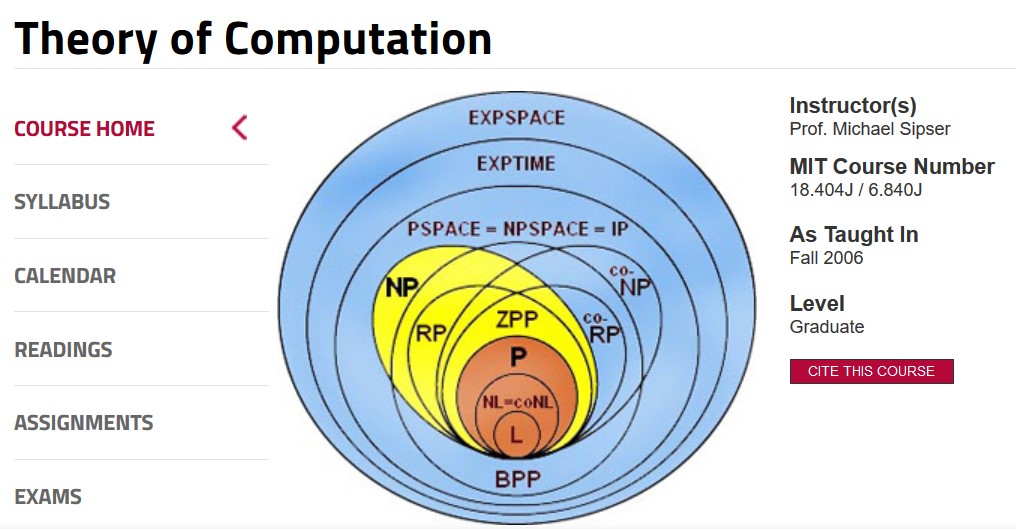
Using an algorithm, a problem can be solved efficiently based on a model of computation. Through the Theory of Computation, identifying intractable problems is easy, thus saving time and effort. It also helps to define the limits of competition efficacy.
With two sessions a week, students need to complete their Principles of Applied Mathematics or Mathematics for Computer Science as a prerequisite. As course assignments need some facility with the mathematical concepts of theorem and proof, so a student needs to secure one.
The course outline has three parts, namely, Automata and Language Theory, Computability Theory, and Complexity Theory. Conducted in 27 sessions, each part tackles the underlying theoretical frameworks, concepts, and applications.

Introduction to Mathematical Thinking
Stanford University via Coursera

One of the main goals of learning math is to develop mathematical thinking in solving problems ultimately. Being able to identify, solve, and analyze equations correctly is a skill in this area. With mathematical literacy, its practical application to other disciplines in science, economics, and technology has significantly contributed to society.
This free intermediary course takes forty hours to finish. In a ten-week series of video lectures, it will prepare you first for the necessary groundwork of the course. It also takes the analysis process of using and learning mathematics. The syllabus will also explore mathematical proofs, Number Theory, and Real analysis. In the final week, there is a “test flight,” which evaluates mathematical arguments by others. Meanwhile, course materials are available upon purchase of the certificate.

Single Variable Calculus
University of Pennsylvania via Coursera

After pre-calculus, you are now ready to advance your educational level. As it plays a vital role in many scientific developments, calculus is very well applied in every study. It is useful in weather patterns, electric circuits, astronomical bodies, and movement of sound and light. With that being said, studying single variable calculus first is the next step in the academic ladder.
An ideal course for engineering, physical and social sciences, this course consists of eighteen video lectures. The lessons will start with the description and use of the Taylor Series. It will also go over Calculus in discrete and continuous forms and emphasis on conceptual over computational methods. In the end, a final exam will conclude the course in a unified approach. Learners can earn a shareable certificate at the end of the program.

Analysis I
Massachusetts Institute of Technology via MITOpenCourseware
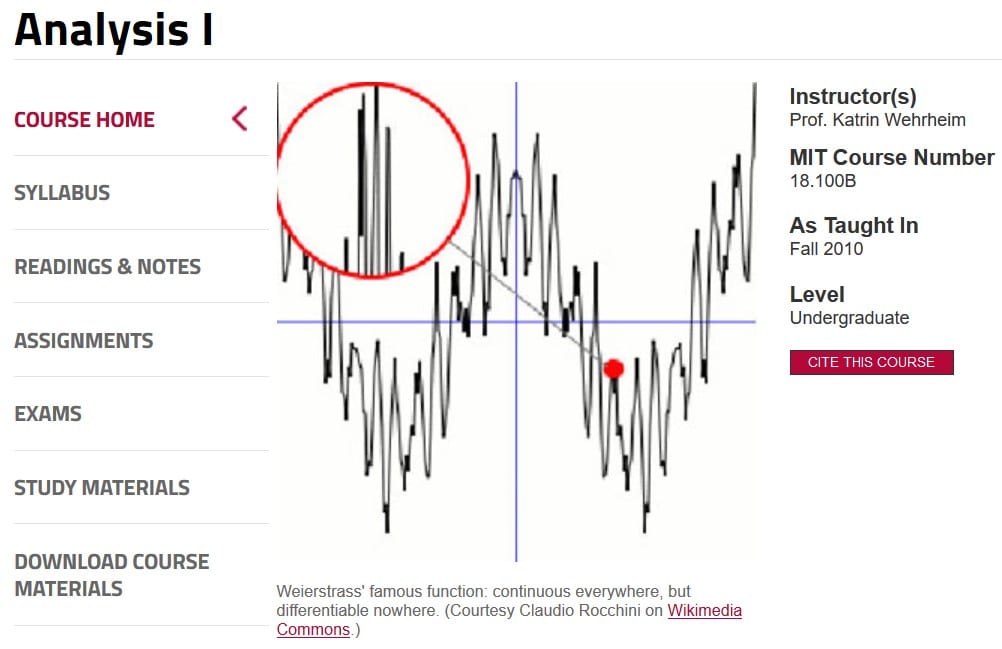
In dealing with an approximation of mathematical numbers or functions, Analysis takes in. In broad terms, it includes integral calculus, differential calculus, theories of functions of real and complex variables, theories of integral and partial differential equations, and so much more. It is Pure Mathematics, where the functions are studied by the method of limits in a more straightforward sense.
The course syllabus is divided into twenty-five sessions that will run for three months. To be qualified for this undergraduate course, students must first pass their subjects in Multivariable Calculus, Differential Equations, or Honors Differential Equations. Readings on the topics and assignments are downloadable in PDF format. For the exams, there will be five sets up to the final test.

Arguably, mathematics is a challenging subject. A student has to learn the fundamentals first before attending advanced-level classes. Learning it in the traditional manner or online offer students advantages and disadvantages. But as most people are currently staying in to avert a bigger health crisis, there is no better time than now to benefit from the free knowledge that Math courses offer online–and for free!
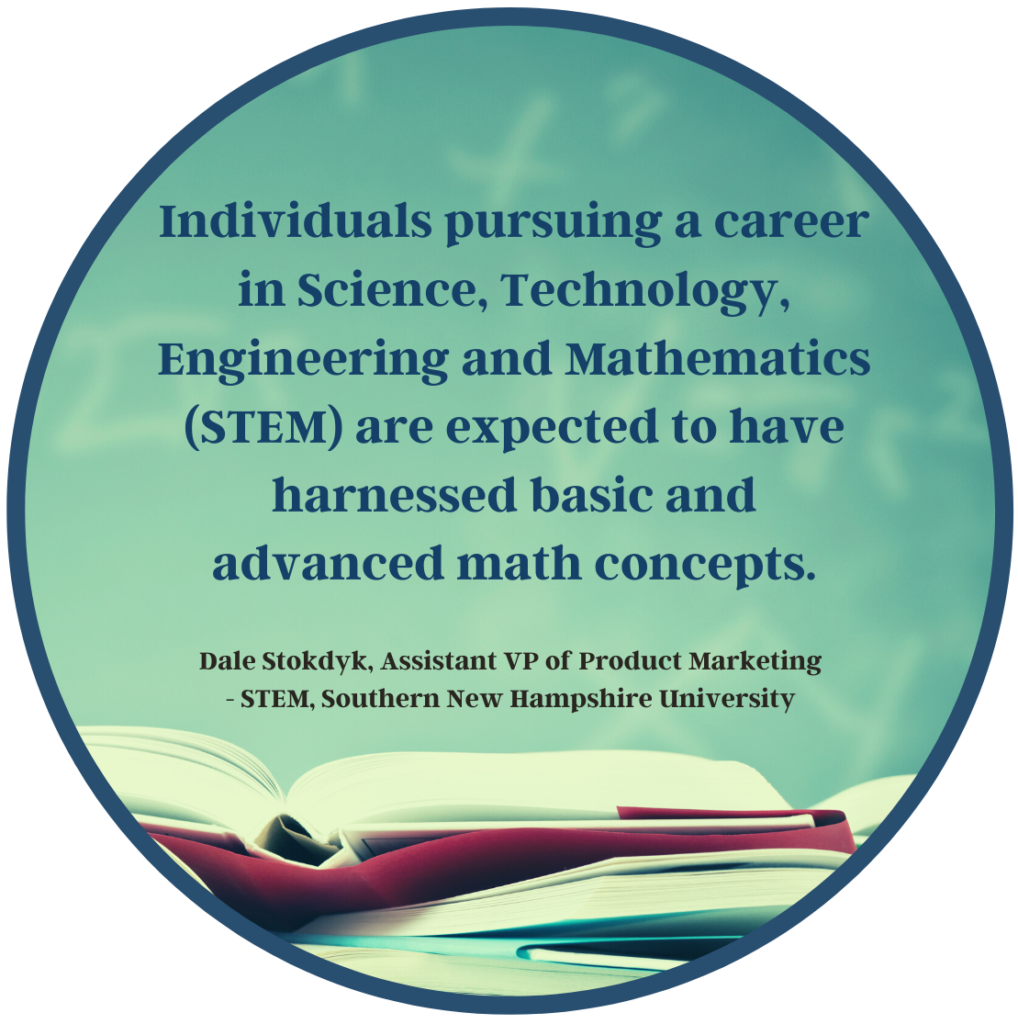
Check out these excellent resource articles that we have chosen with you in mind!
10 Community Service Opportunities for College Students in 2020
8 Ways to Develop Self-Motivation for Online College Success
